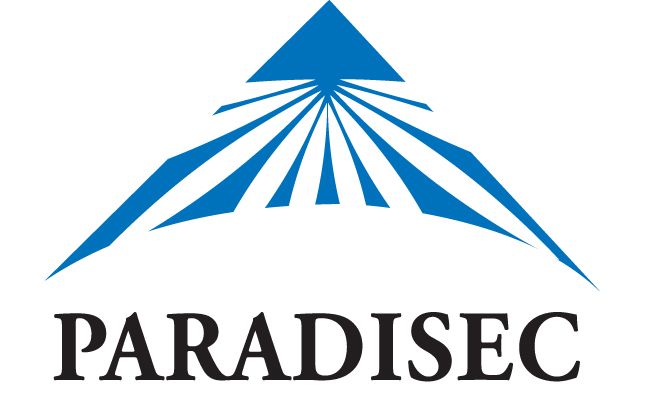Brief description
Iban recordings. Tapes Lodged by M HeppellThere are four sets of tapes lodged by M. Heppell based on three fieldwork experiences and one on occasional visits to different parts of Kalimantan:
1. Iban. I did fieldwork with the Iban from the end of 1971 to the beginning of 1974, basing the fieldwork in the headwaters of the upper Batang Ai. My focus was the Iban judicial process. Prior to going into the field, I spent about 3 months in Kuching going through all the old Brooke casebooks from which I extracted descriptions of behaviours which led to litigation. Prior to going into the field I used these descriptions to compile a questionnaire designed to understand the application of adat to contentious behaviour. The questionnaire is also on the file under Adat Questionnairelandscape. I interviewed various adat leaders during my period in the field and, over a two week intensive period, two in particular, Alek, a Balau leader living in a resettlement project at Melugu and Limbang, a Delok leader living in another resettlement project at Skim Skrang.
There are other tapes about various subjects.
2. Assem. The Assem are a Bidayuh group living in West Kalimantan in high country at the sources of the Kembayung River which runs in a westerly direction and drains into the Sambas river just below Sanggau Ledo and the Padé which runs in a south easterly direction and drains into the Landak river a few kilometres below Serimbu. The fieldwork was commissioned by the Australian government to determine the social impacts of a proposed hydro-electric dam which was never built. The fieldwork was short, lasting 3½ months from the end of 1981 to the beginning of 1982. The work was done in Assem and a dictionary (of sorts) compiled. Recordings were made of various meetings in the village of Tagoi, most specifically those relating to dispute settlement.
3. Bhuket. There are three small groups of Bhuket, one living at Long Ayak on the Balui River in Sarawak, a second just below Long Apari in the headwaters of the Mahakam River in East Kalimantan and a third in the upper reaches of the Kapuas River in West Kalimantan. The fieldwork was commissioned by the Sarawak government to assess the social impacts of a proposed dam at Bokun and lasted six weeks in 1988. As the period was so short and the Bhuket spoke Iban fluently, the fieldwork was conducted in Iban. The bulk of the tapes consist of enumeration of the Iban adat questionnaire to Bhuket adat, all of which by then had relevance as the Bhuket had become unsuccessful hill rice agriculturalists a generation or so ago. The remaining tapes consist of the telling of Bhuket oral sagas and other poetry.
4. The fourth set of tapes are in Bahasa Indonesia and relate to an interest in the material culture of Dayak groups. I made a number of very short visits to Borneo between 1990 and 2010 and took the opportunity to interview local Dayaks about aspects of their material culture based on photographs of objects that I had taken in museums and artefact shops.
Created: 04 02 2017
Data time period: 13 01 1973 to 10 07 1999
text: Indonesia
iso31661: ID
text: Malaysia
iso31661: MY
Subjects
User Contributed Tags
Login to tag this record with meaningful keywords to make it easier to discover
Identifiers


